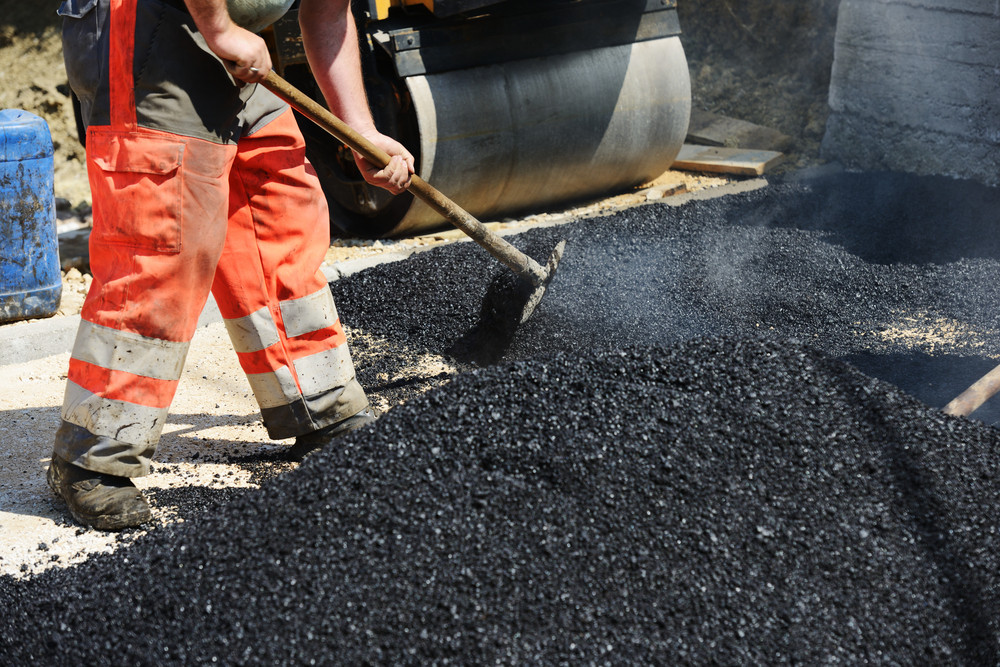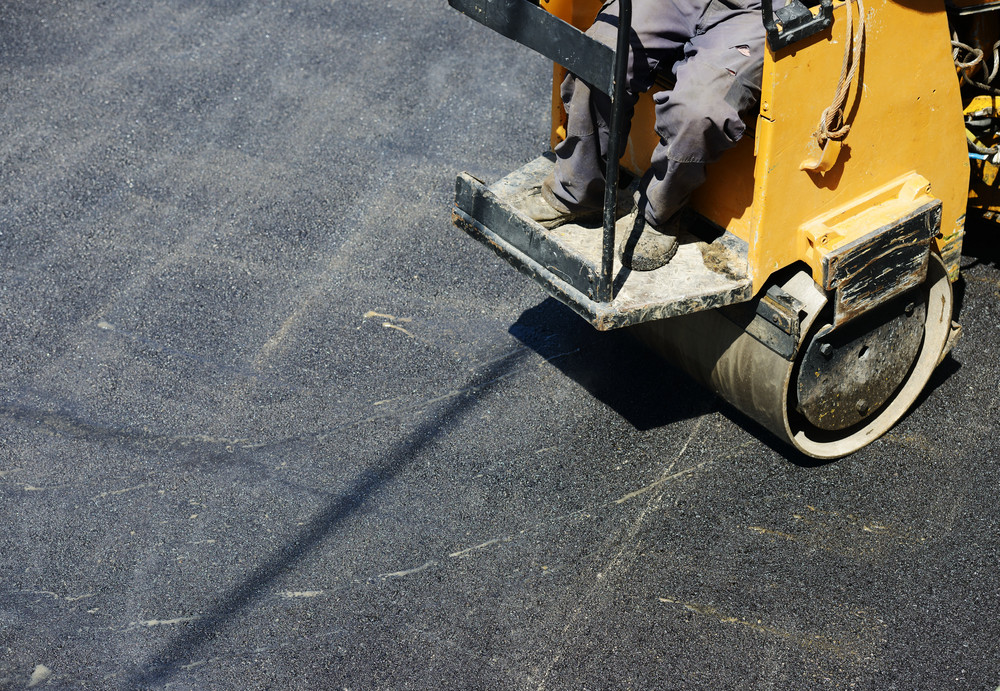Asphalt paving material, essential for constructing roads and surfaces, undergoes a meticulous manufacturing process. Initially, raw materials such as aggregates (crushed stone, gravel, and sand) are gathered. These aggregates are carefully selected based on their quality and size to ensure durability and strength in the final product.
The manufacturing process starts with drying the aggregates to remove any moisture that could affect the quality of the asphalt mix. Next, the dried aggregates are heated in a rotary kiln or a similar mechanism to a temperature that ensures proper binding with the asphalt cement. This crucial heating process also aids in removing any remaining moisture.

Simultaneously, the asphalt cement, a petroleum-based substance, is heated to a precise temperature in a separate chamber to ensure it flows freely and mixes evenly with the aggregates. Once both components—aggregates and asphalt cement—are prepared, they are combined in a mixing chamber where they are blended thoroughly.
The resulting asphalt mix is then transported to the construction site while still hot, as the heat is crucial for workability and proper compaction. At the site, specialized paving equipment spreads the hot asphalt mix evenly, followed by compaction to achieve the desired density and smoothness.
Ultimately, the meticulous process of manufacturing asphalt paving material guarantees that the final product meets stringent standards for durability, weather resistance, and performance, crucial for sustaining modern transportation infrastructure.
